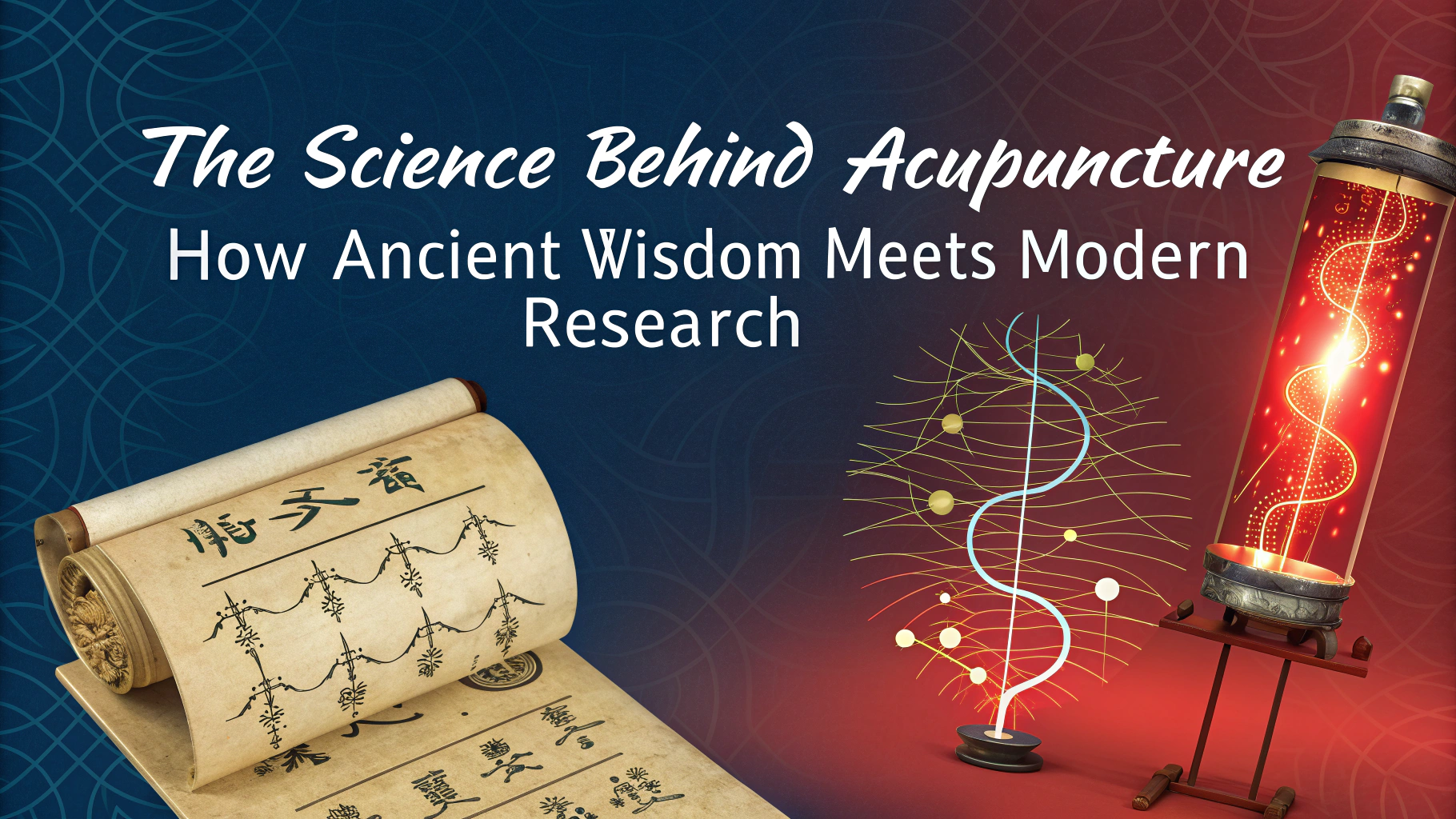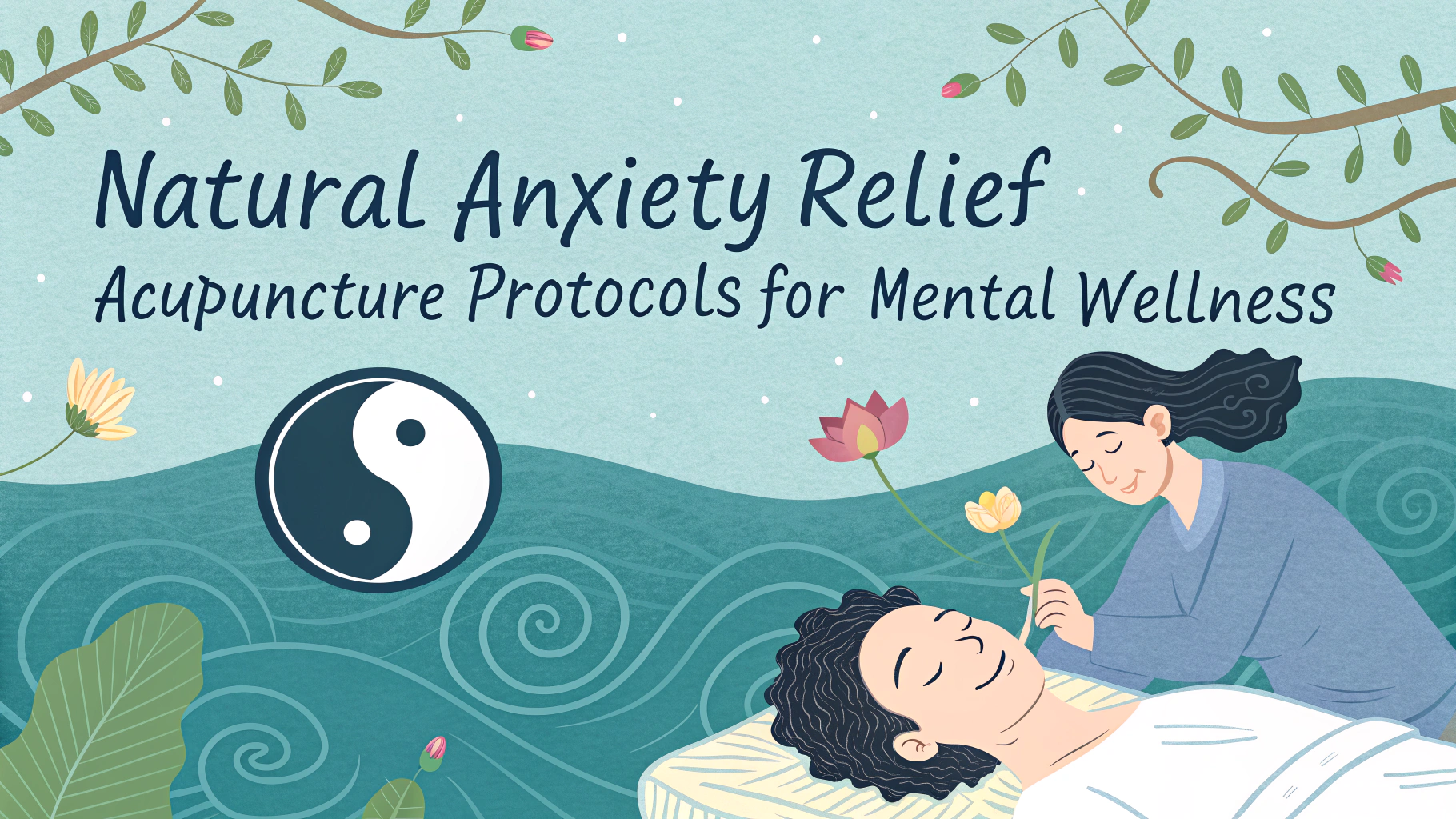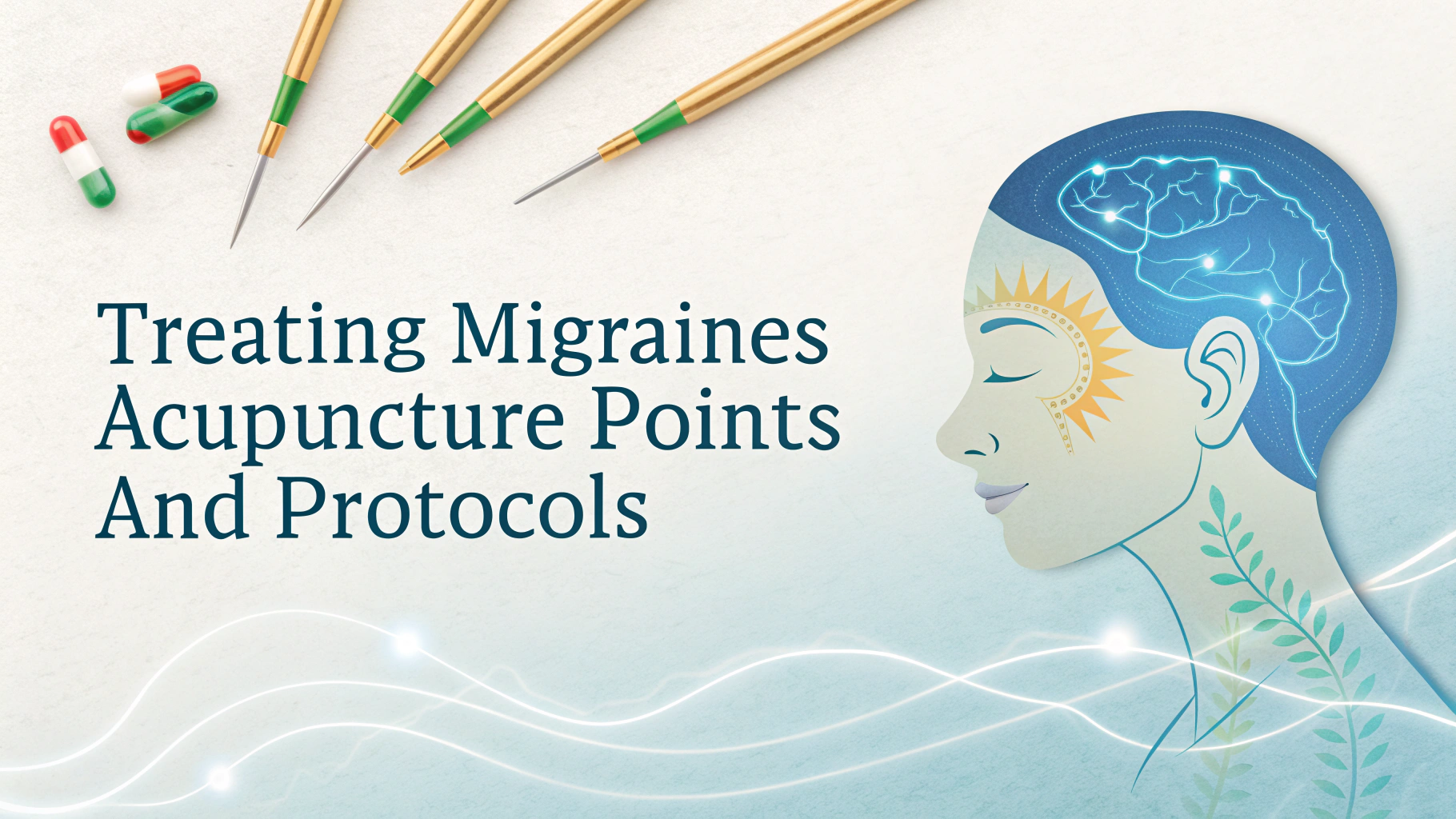Acupuncture offers unique support for multiple sclerosis (MS) patients by potentially reducing symptoms and improving quality of life.
Research suggests this ancient Chinese practice may help manage MS-related pain, spasticity, and fatigue through strategic needle placement along energy meridians.
While not a replacement for conventional MS treatments, acupuncture can serve as a valuable complementary therapy when performed by qualified practitioners.
How Acupuncture May Help MS Symptoms
- Pain reduction through natural endorphin release
- Decreased muscle spasticity and stiffness
- Improved energy levels and reduced fatigue
- Better bladder control
- Enhanced balance and coordination
- Reduced inflammation
Finding a Qualified MS Acupuncturist
Look for practitioners certified by the National Certification Commission for Acupuncture and Oriental Medicine (NCCAOM).
Check if they have experience treating neurological conditions, particularly MS.
Contact the American Academy of Medical Acupuncture (www.medicalacupuncture.org) for referrals.
What to Expect During Treatment
Each session typically lasts 30-60 minutes.
The practitioner will insert thin needles at specific points related to your symptoms.
Most patients need 6-12 sessions for optimal results.
Safety Considerations
- Inform your neurologist before starting acupuncture
- Ensure sterile, single-use needles are used
- Report any unusual symptoms to both your acupuncturist and neurologist
- Avoid treatment during active MS flares
Research and Evidence
Studies indicate acupuncture may reduce MS-related fatigue by up to 30%.
Symptom
Potential Improvement
Pain
20-40%
Spasticity
15-35%
Fatigue
25-30%
Insurance and Cost Considerations
Treatment costs range from $50-150 per session.
Some insurance providers cover acupuncture for MS symptoms.
Check with your insurance provider about coverage options and required documentation.
Taking the Next Step
Contact the MS Society (www.nationalmssociety.org) for additional resources and practitioner recommendations.
Keep a symptom diary to track improvements after starting treatment.
Consider combining acupuncture with other complementary therapies like meditation or gentle yoga for enhanced benefits.
Integrating Acupuncture with Conventional MS Care
Work closely with your healthcare team to create a comprehensive treatment plan that includes both conventional and complementary approaches.
Many MS specialists now recognize acupuncture’s potential benefits when used alongside standard treatments like disease-modifying therapies.
Recommended Treatment Schedule
- Initial phase: 2-3 sessions per week for 4-6 weeks
- Maintenance phase: Monthly or bi-monthly sessions
- Additional sessions during symptom flare-ups
Lifestyle Modifications to Enhance Results
Maximize acupuncture benefits by incorporating healthy habits:
- Regular gentle exercise
- Stress management techniques
- Anti-inflammatory diet choices
- Adequate rest and sleep
- Proper hydration
Monitoring Progress and Adjusting Treatment
- Keep detailed records of symptom changes
- Document any side effects
- Track energy levels and mobility
- Note changes in medication needs
Moving Forward with MS Management
Acupuncture represents one of many tools available for comprehensive MS care. When properly integrated with conventional treatments, it may provide significant symptom relief and improved quality of life.
Success often comes from a personalized approach combining various therapeutic strategies. Regular communication with all healthcare providers ensures safe and effective treatment coordination.
Remember that while acupuncture shows promise, individual results vary. Maintain realistic expectations and give the treatment adequate time to demonstrate effectiveness.
FAQs
- How does acupuncture help with Multiple Sclerosis symptoms?
Acupuncture can help manage MS symptoms by reducing inflammation, improving circulation, reducing muscle spasticity, alleviating pain, and supporting overall neurological function. - How often should MS patients receive acupuncture treatments?
Treatment frequency typically starts with 1-2 sessions per week for 6-8 weeks, then reduces to maintenance sessions every 2-4 weeks based on individual response and symptom severity. - Is acupuncture safe for Multiple Sclerosis patients?
Yes, acupuncture is generally safe when performed by a licensed practitioner. However, patients should inform their neurologist and ensure their acupuncturist is experienced in treating MS patients. - What specific MS symptoms can acupuncture address?
Acupuncture can help with fatigue, pain, spasticity, bladder problems, depression, anxiety, numbness, tingling, and balance issues associated with MS. - Can acupuncture replace conventional MS treatments?
No, acupuncture should be used as a complementary therapy alongside conventional medical treatments, not as a replacement for prescribed medications or treatments. - How long does it take to see results from acupuncture treatment for MS?
Some patients report immediate relief after sessions, while others may need 4-6 treatments before noticing significant improvements. Results vary by individual. - Are there any contraindications for acupuncture in MS patients?
Patients with bleeding disorders, those on blood thinners, or during active MS flares should consult their physician before starting acupuncture treatment. - What should MS patients look for in an acupuncturist?
Look for licensed practitioners with experience treating neurological conditions, specifically MS. They should have proper credentials and be willing to communicate with your medical team. - Does insurance typically cover acupuncture for MS?
Coverage varies by provider and location. Some insurance companies cover acupuncture for chronic conditions, but patients should verify coverage before starting treatment. - What are the different acupuncture techniques used for MS?
Techniques may include traditional needle acupuncture, electroacupuncture, scalp acupuncture, and acupressure, depending on symptoms and patient tolerance.
Author: AcupunctureMy
Related Posts
Acupuncture Research Standards
Research Corner
|
methodology, science
Research standards in acupuncture have evolved significantly over the past decades to ensure reliable, evidence-based results that can be replicated across different studies. The integration of modern scientific methods with ... Read more

Understanding Treatment Duration
Treatment Guides
|
expectations, planning
The length of an acupuncture treatment plan varies significantly based on individual health conditions and treatment goals. A typical acupuncture session lasts between 30-60 minutes, with the needles remaining in ... Read more

Traditional Chinese Medicine Weather Theory
Fundamentals
|
environment, health
Traditional Chinese Medicine (TCM) recognizes intricate connections between weather patterns and human health, developing sophisticated frameworks for understanding these relationships over thousands of years. Weather changes can significantly impact our ... Read more

Acupuncture for Sinus Health
Conditions Treated
|
allergies, respiratory
Acupuncture offers a time-tested approach to managing sinus problems by targeting specific pressure points that can help relieve congestion, reduce inflammation, and restore proper sinus function. Traditional Chinese Medicine views ... Read more

Understanding Point Selection
Fundamentals
|
technique, theory
Point selection stands as one of the most important aspects of effective acupuncture treatment. Skilled practitioners combine traditional wisdom with modern understanding to identify the optimal points for each patient’s ... Read more

Treating Computer-Related Pain
Conditions Treated
|
ergonomics, pain
Computer-related pain affects millions of people who spend long hours working at their desks. Acupuncture offers a natural, effective treatment option for various musculoskeletal issues that develop from prolonged computer ... Read more

Acupuncture for Lymphatic Health
Conditions Treated
|
circulation, immunity
Acupuncture offers a time-tested approach to supporting lymphatic health through strategic needle placement and gentle stimulation techniques. This ancient Chinese medicine practice helps activate lymph flow, reduce swelling, and enhance ... Read more

Understanding Treatment Intervals
Treatment Guides
|
frequency, scheduling
Treatment intervals for acupuncture can significantly impact the effectiveness of your healing journey. The frequency of acupuncture sessions depends on your specific health condition, severity of symptoms, and overall treatment ... Read more

